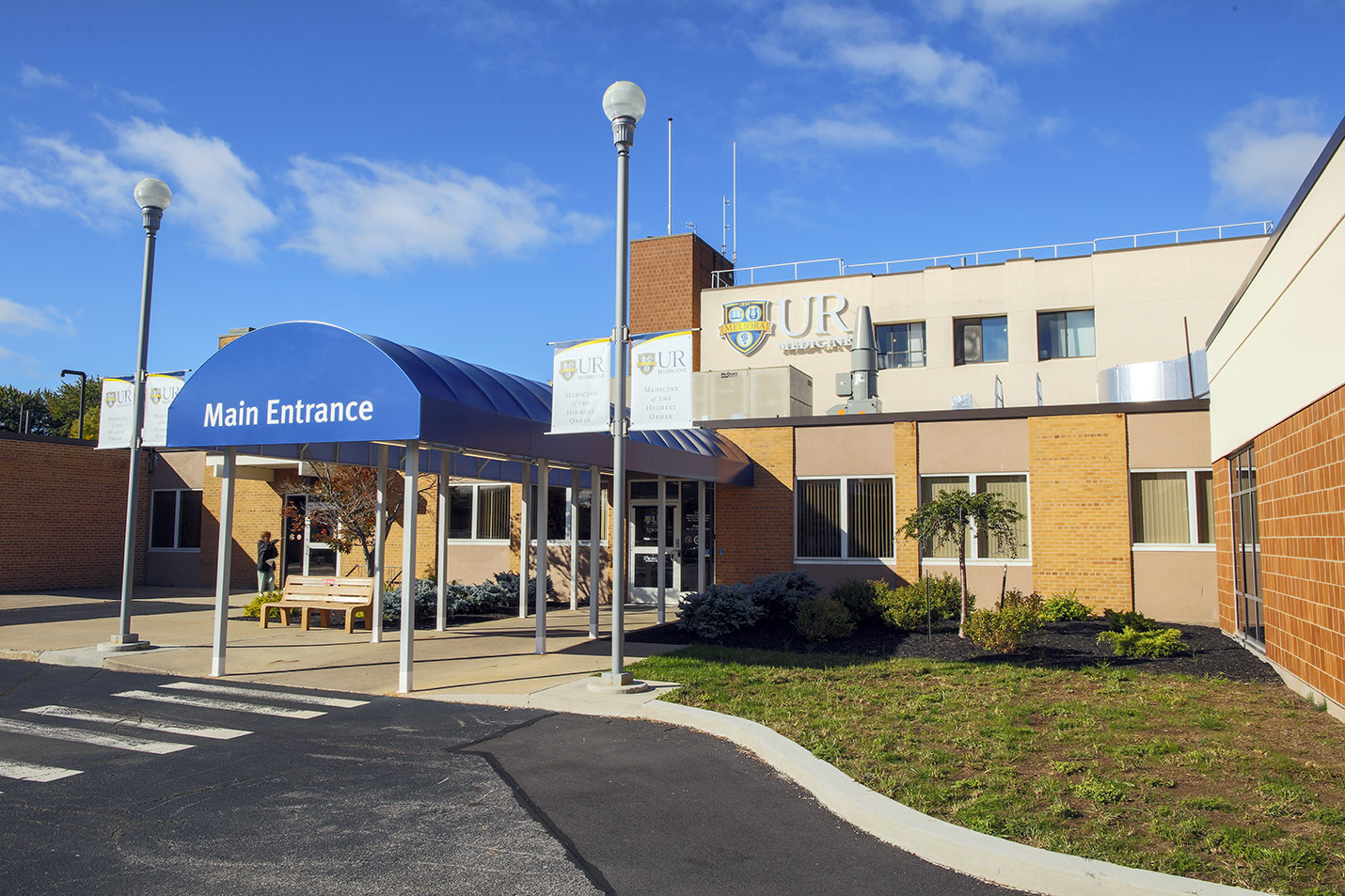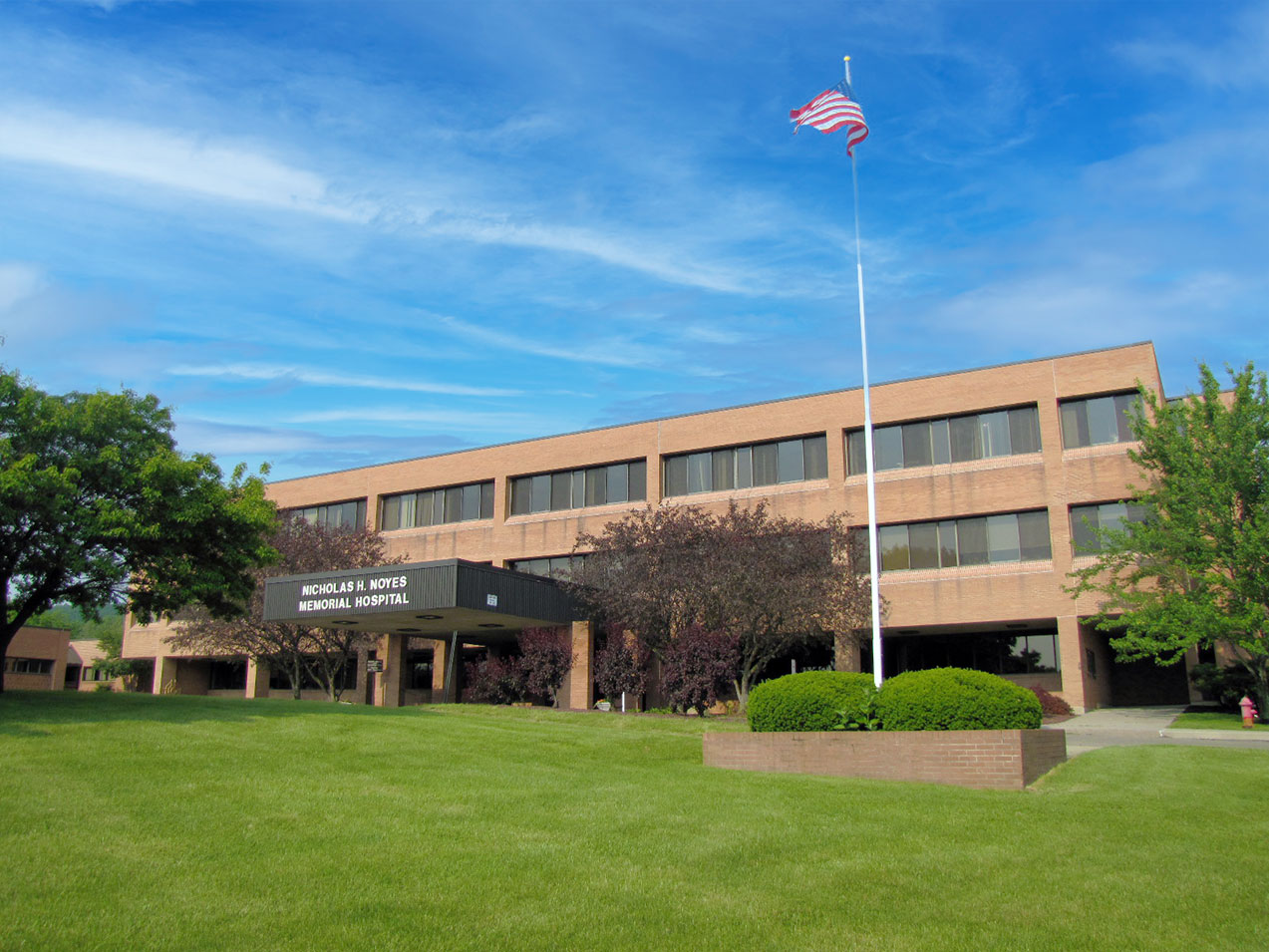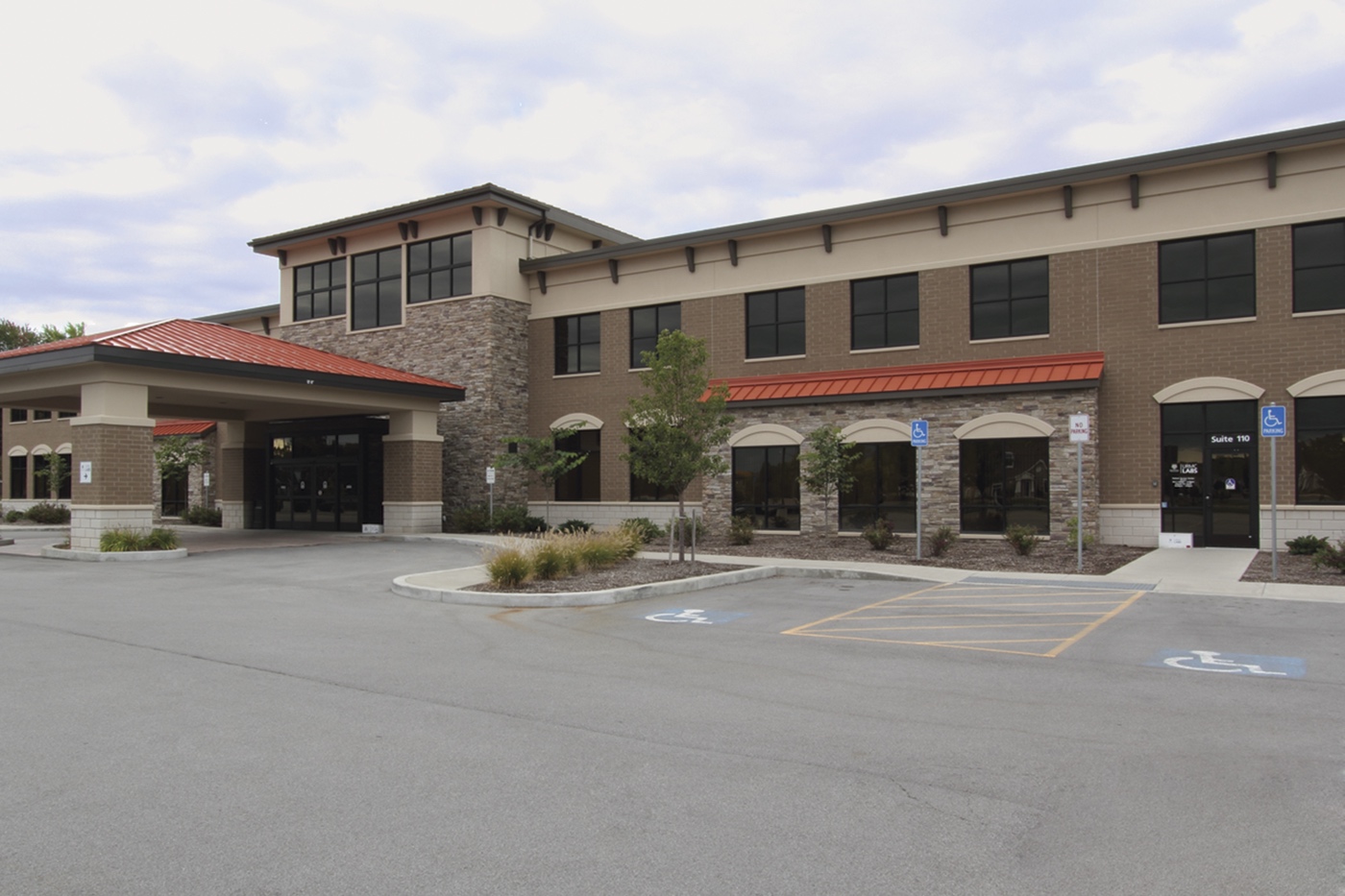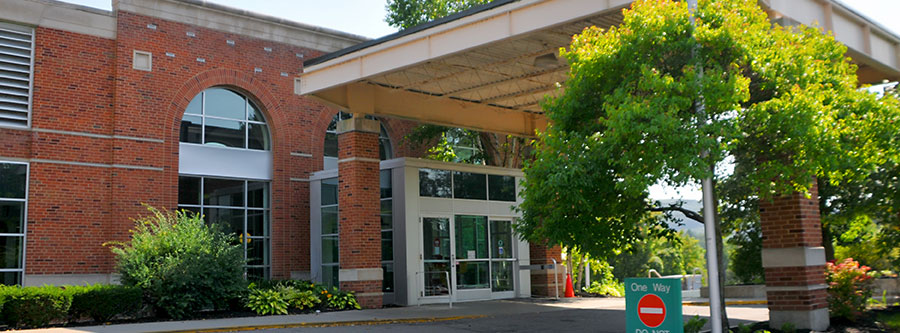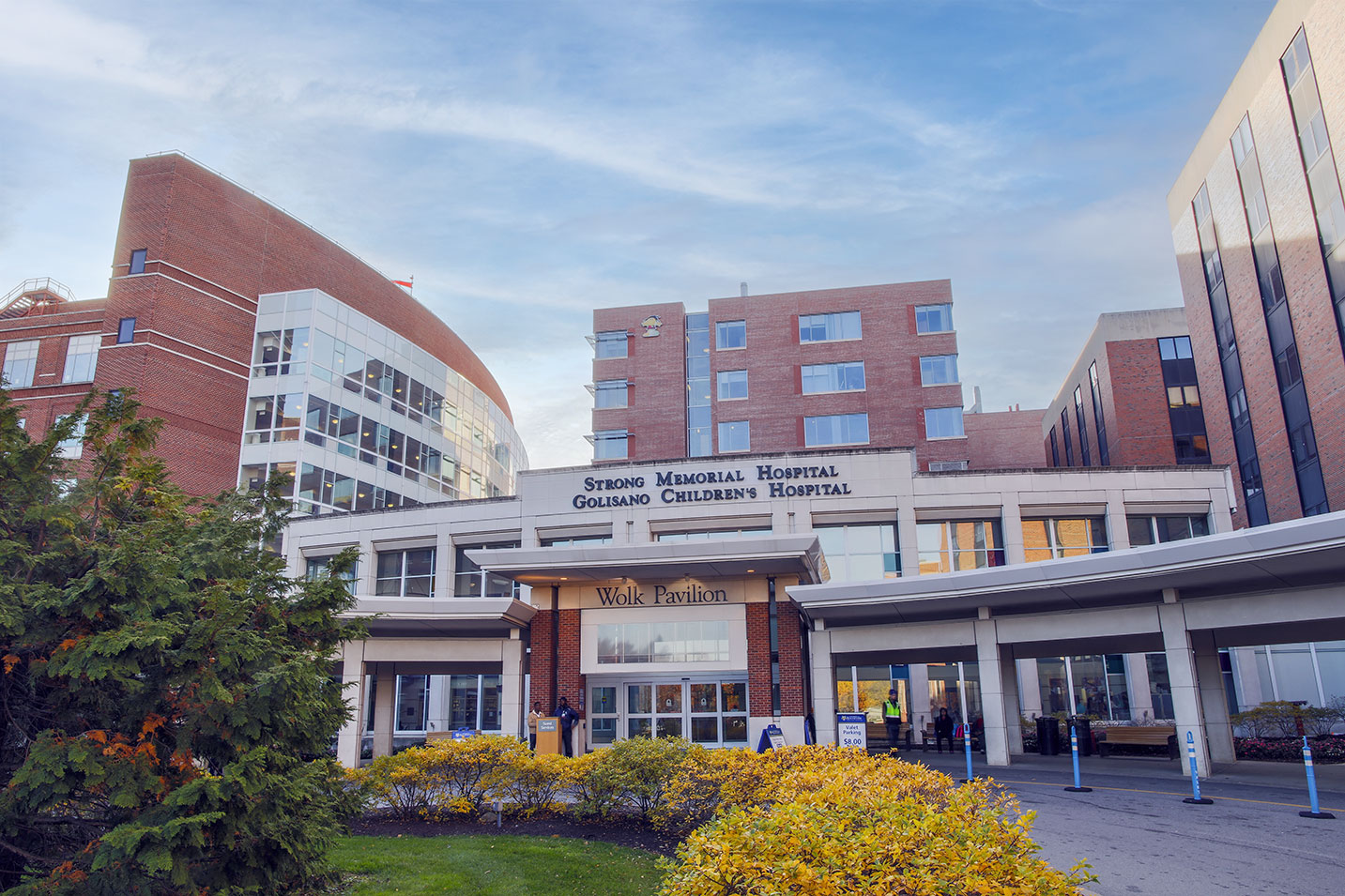Male Infertility
Make Appointments & Get Care
Overview
Male reproductive health plays a significant role in infertility issues. In fact, of the more than three million infertile couples in the United States, physicians estimate that male infertility may be a contributor nearly 50 percent of the time.
You may have male infertility if your female partner has not become pregnant after you have tried for one year. This means one year of regular sex without any birth control.
Your healthcare provider will test both you and your partner to find the cause of infertility.
You may be more likely to experience male infertility if you have:
- Past inflammation of the prostate or past genital infections
- Injury to or twisting (torsion) of the testicles
- Early or late puberty
- Genital exposure to high temperatures
- Hernia repair
- Undescended testicles
- Diagnosed immune condition in which you make antibodies against your own sperm
- Genetic conditions, such as cystic fibrosis or hemochromatosis
You may also be at risk if you take certain prescription medicines, including those for ulcers, psoriasis, depression, and high blood pressure.
As with women, the causes of infertility in men are varied, and include genetic, infectious, congenital, diopathic and lifestyle issues. The most common male infertility factors include:
- Azoospermia (no sperm cells are produced)
- Oligospermia (few sperm cells are produced).
- Sperm cells that are malformed or die before they can reach the egg
- Infection or inflammation from a sexually transmitted disease
- Scar tissue from surgery
- Varicocele, an enlargement of veins inside the scrotum that drain the testicles that affects up to 40% of infertile men
- Rare conditions such as cystic fibrosis or a chromosomal abnormality
Your UR Medicine provider will review your health history and do a physical exam. Although it is appropriate for the initial infertility evaluation to be done by your primary care physician, if the test results are abnormal, you should be referred to a fertility specialist.
Other tests for male infertility may include:
- Sperm count (semen analysis). At least 2 semen samples are taken on separate days. Your provider will check the semen and sperm for many things. These include how much semen you make, how uniform it is, and how acidic it is. Your provider will also look at how many sperm you make, how well they move, and what shape they are.
- Blood tests. These are used to check hormone levels and rule out other problems.
- Imaging Tests. Ultrasound may be used to look at your testicles, blood vessels, and structures inside the scrotum.
- Testicular biopsy. If a semen analysis shows that you have only a few or no sperm, your provider may remove a small piece of tissue (biopsy) from each testicle.
UR Medicine's Treatments for Male Infertility
Treatment for male infertility is depends on the cause.
There are several effective treatments. For instance, vasectomy reversals have a high success rate, with up to 95% of men producing enough sperm for natural conception or for use with other fertility procedures like artificial insemination.
Hormone treatment may help you if you have a hormone disorder, as imbalances can affect how sperm develop.
Surgery may be required to fix problems that keep sperm from being made, matured, or ejaculated. You may need surgery to reconnect or open blocked tubes or remove varicocele.
What Sets Us Apart?
UR Medicine Urology provides the area's most advanced and comprehensive urologic care for men and women.
- We have the most highly trained specialists. Many of our doctors are fellowship trained, the highest level of education available.
- We use the most advanced technology to perform procedures such as minimally invasive robotic prostate surgery.
- We use the latest da Vinci Surgical System, with high-definition 3D imaging to enhance the surgeon's vision during procedures.
- We are a national pioneer in minimally invasive surgery, which speeds recovery, reduces post-surgery pain and decreases the risks of complications
- We are involved with the very latest research to develop more effective treatments.
Locations
View All LocationsWe serve you in the Rochester metropolitan area and surrounding region.
View All Locations12 locations
158 Sawgrass Drive, 2nd Floor, Suite 230
Rochester, NY 14620
Strong West
156 West Avenue, 1st Floor or 3rd Floor
Brockport, NY 14420
699 South Main Street, Suite 6
Canandaigua, NY 14424
Noyes Memorial Hospital
111 Clara Barton Street
Dansville, NY 14437
Noyes Health Services
48 East South Street
Geneseo, NY 14454
South Pointe Landing
10 South Pointe Landing, Suite 130
Rochester, NY 14606
Jones Memorial Hospital
191 North Main Street, 3rd Floor
Wellsville, NY 14895
St. James Medical Office Building
7309 Seneca Point Road North, Suite 102
Hornell, NY 14843
Highland Hospital
1000 South Avenue
Rochester, NY 14620
Ambulatory Care Center at Strong Memorial Hospital
601 Elmwood Avenue, 2nd Floor
Rochester, NY 14642

